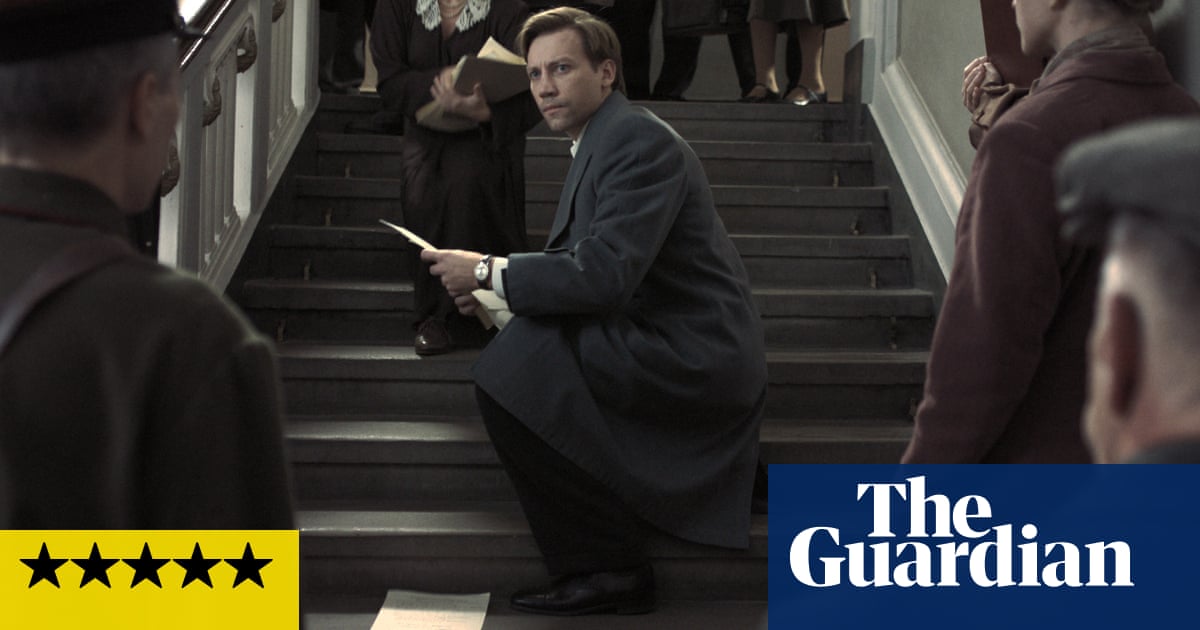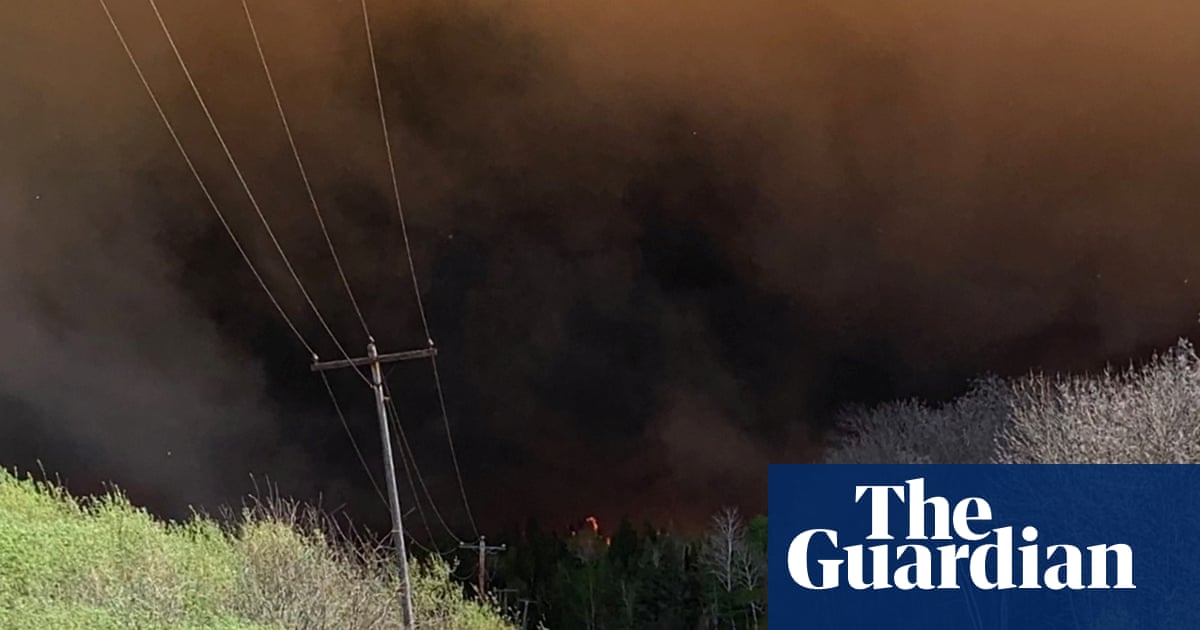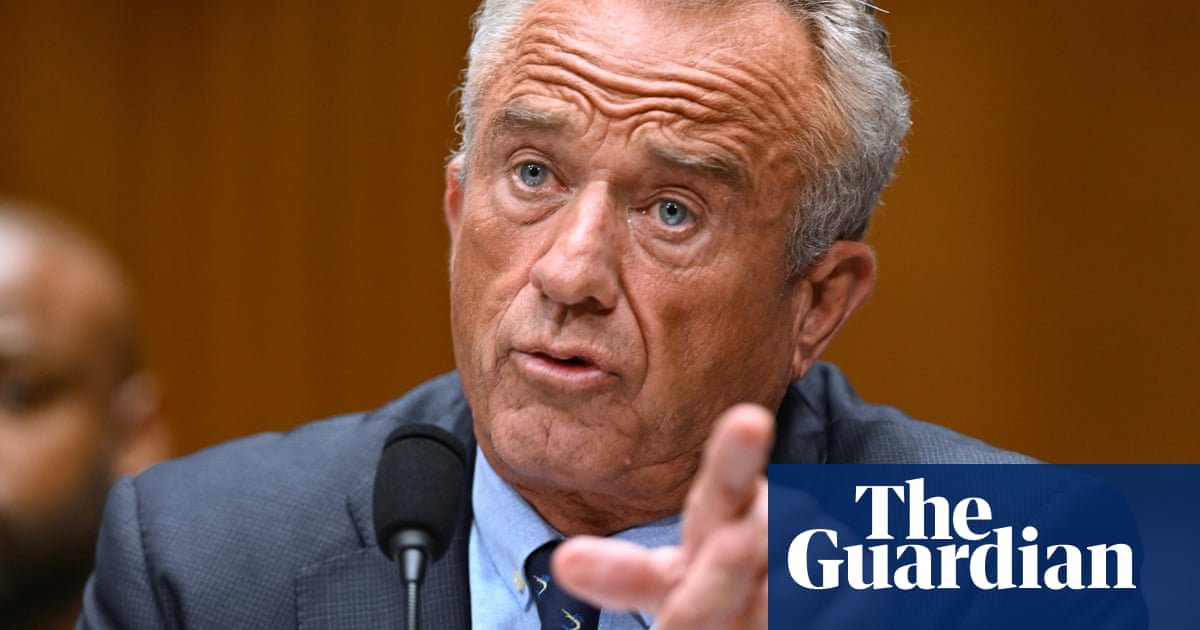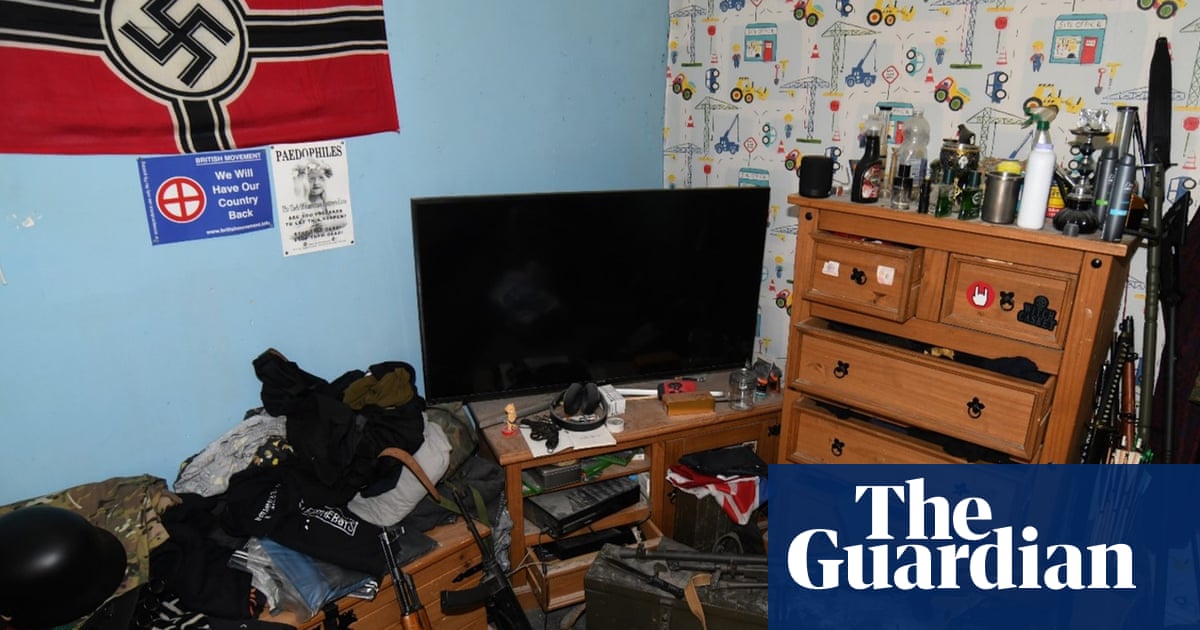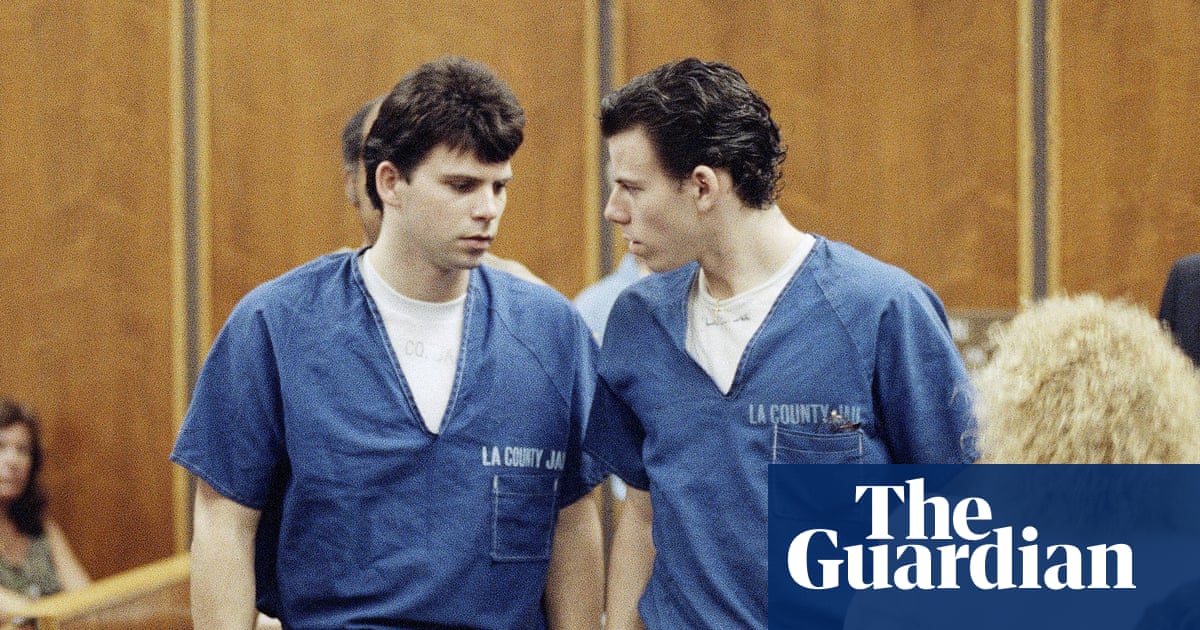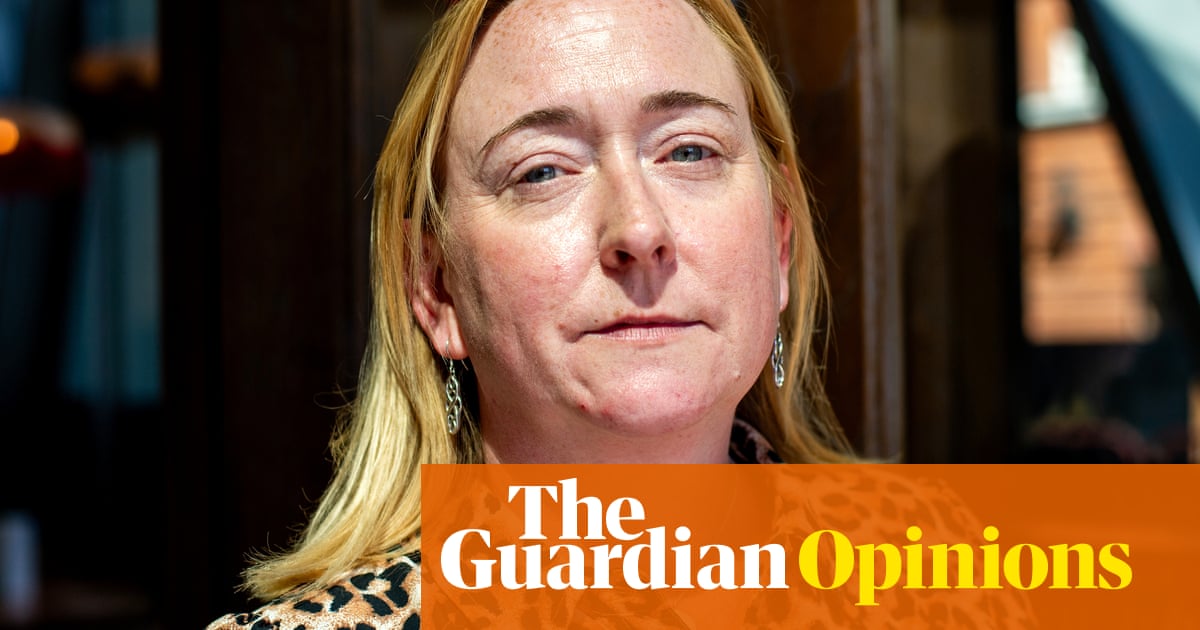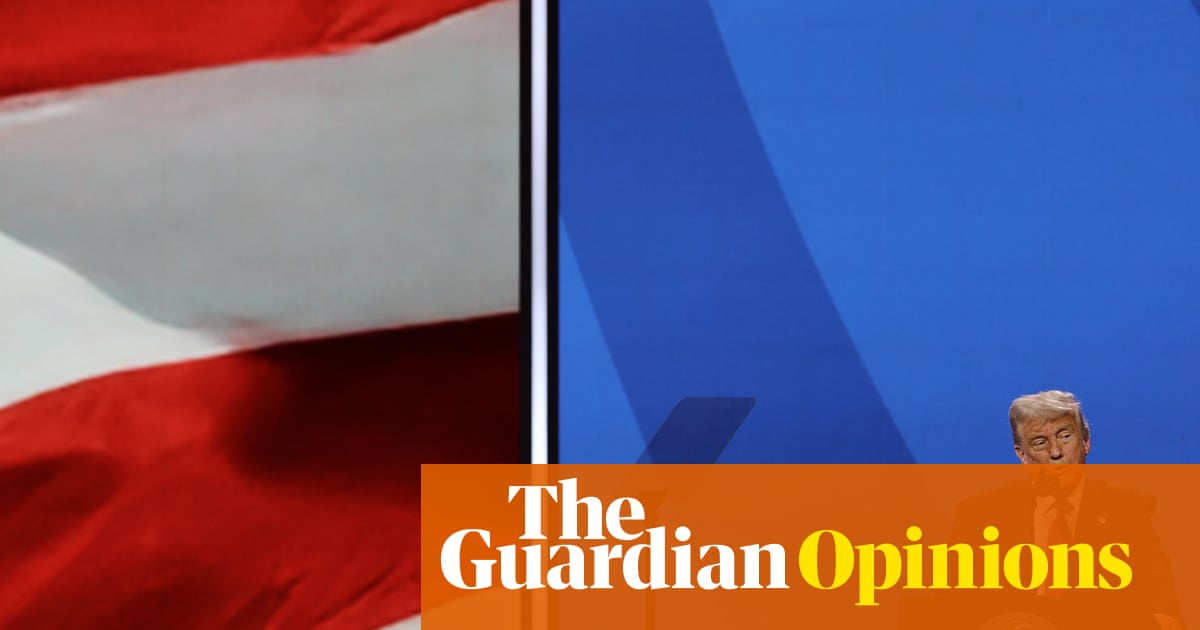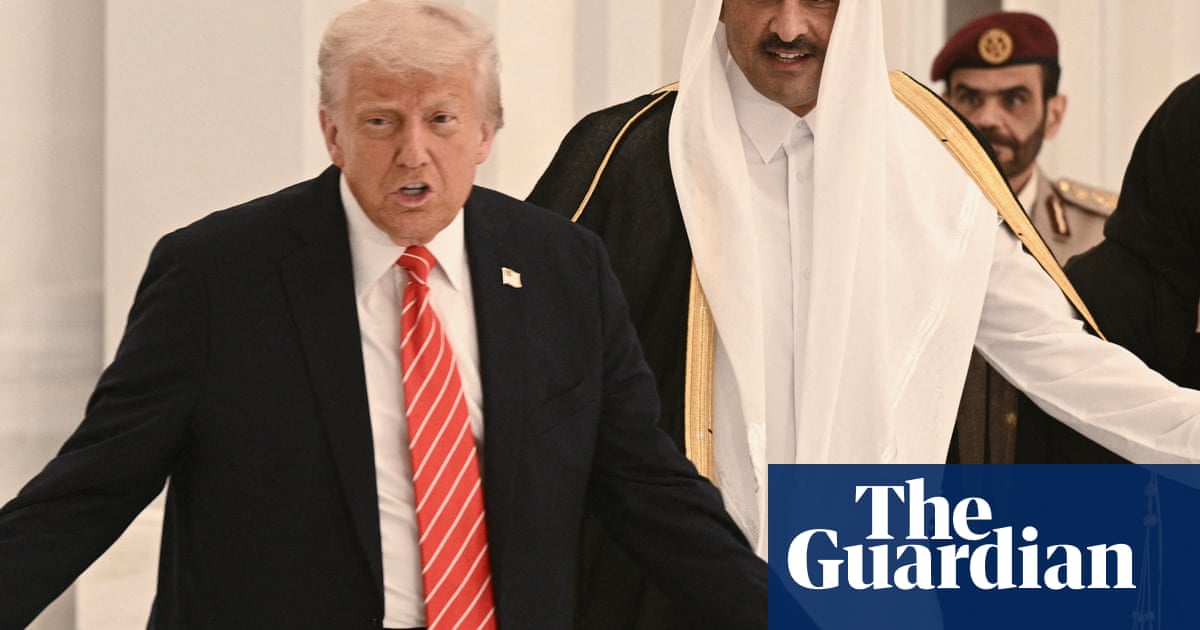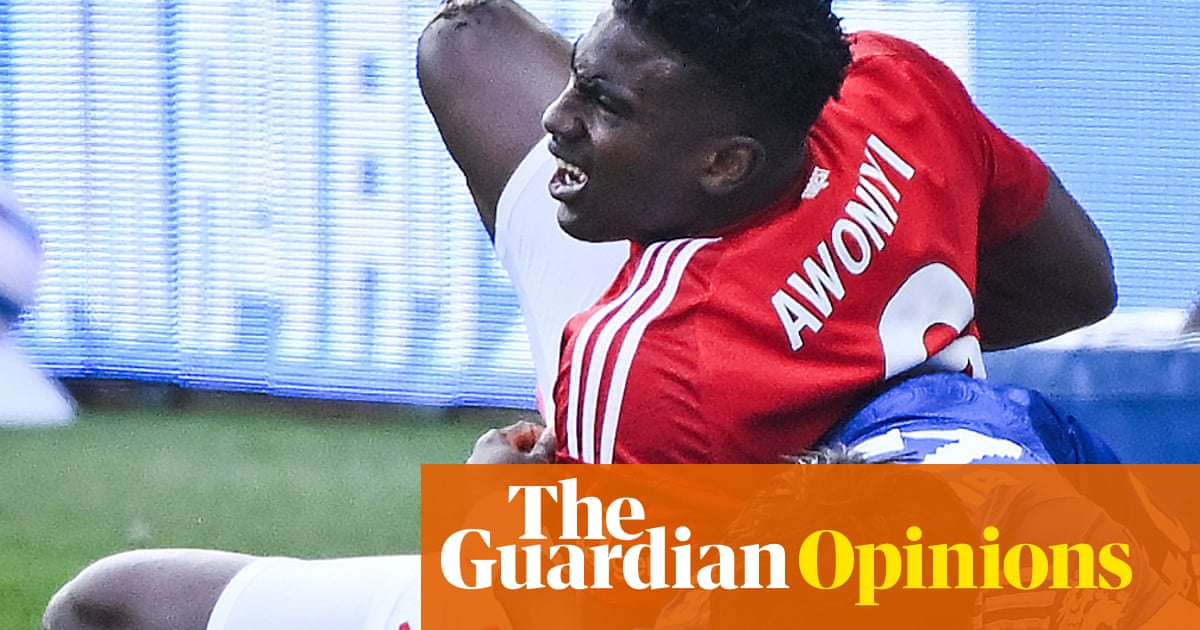Ukraine and its European allies braced for the worst when Donald Trump won a second term. But the scale of his surrender to Russian aggression has still shocked them. On Wednesday, Vladimir Putin’s nearly three years of isolation by the west was broken by his 90-minute, “highly productive” conversation with Mr Trump. Joe Biden called the Russian president a murderous dictator; Mr Trump praised Mr Putin’s mounting aggression towards Ukraine as “genius”, days before the full-scale invasion of 2022. Now, two great powers plan negotiations – without regard for Ukraine, Europe or even Mr Trump’s own Ukraine envoy.
Forget territorial integrity. The US defence secretary, Pete Hegseth, described a return to Ukraine’s pre-2014 borders as “unrealistic” and “an illusory goal”. Forget Ukrainian membership of Nato: “I don’t think it’s practical … I’m OK with that,” Mr Trump declared. Forget US support: it will be up to European countries and others to provide any deterrent force, the US defence secretary made clear. European security is no longer the primary focus for the US, added Mr Hegseth – and that was the toned-down version.
Mr Trump had already aired the notion that Ukraine “may be Russian some day”. Now he is not even feigning interest in Kyiv’s views. Mr Trump presumably believes that when the US turns off the tap, Ukraine and Europe will be forced to acquiesce in whatever he and Mr Putin have cooked up. Ukraine’s president, Volodymyr Zelenskyy, told the Guardian this week that “security guarantees without America are not real security guarantees”. Mr Trump has not only sidelined Mr Zelenskyy but further undermined him by pushing Russia’s narrative that elections must be on the way.
Whatever Ukraine says in public, it understood that Nato membership was never imminent and surely anticipated some territorial concessions, however bitter after so much sacrifice. But Mr Trump has given way to Russian demands before even reaching the negotiating table. This sounds more like the art of surrender than the art of the deal. Mr Putin, however, is in no rush. The last thing he wants is Nato members’ forces on the ground in Ukraine. Dragging out talks might allow funding for Kyiv to dry up and domestic grumbling in Ukraine to morph into political instability, while Russia makes further battlefield advances.
The failure of Mr Trump’s talks with North Korea’s Kim Jong-un showed how his rhetoric can run up against reality. Some have suggested that his self-regard will prevent him from settling for a deal in which Russia too obviously prevails. Perhaps he may yet latch on to a different exit if someone can find one that appeals to his vanity. Yet whatever the outcome, Mr Trump will surely declare it a triumph.
For Ukraine, and others in the region, this is an existential war. For others – including the US – this has been about containing and degrading a hostile power, notwithstanding the sincere sympathy and grand statements about defending democracy. It is not only Ukraine that now hears the bell tolling. Despite fears that European domestic politics are tending away from staunch support for Kyiv, Thursday’s forceful responses to the US from European nations, including Britain, are welcome. They are right to insist that they, like Ukraine, must be part of any negotiations, to state their commitment to its sovereignty and territorial integrity, and to stress their willingness to enhance support. Mr Trump is abandoning Ukraine. Others would be both wrong and reckless to follow suit.

.png) 2 months ago
27
2 months ago
27

